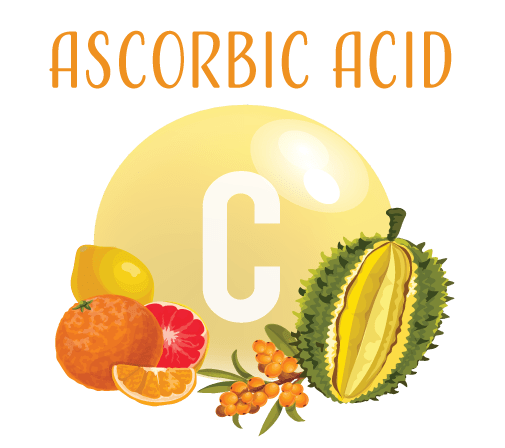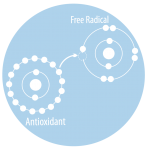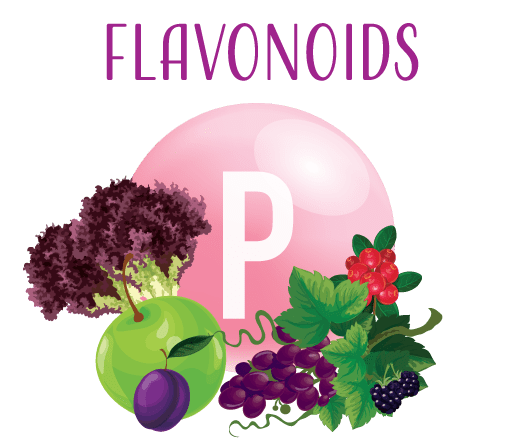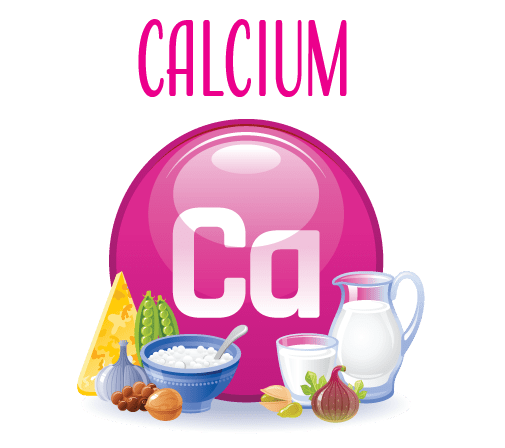Protect your cells and nourish your skin with Vitamin C
Vitamin C, also known as ascorbic acid, is a vital nutrient that plays many important roles in the body. With the ability to act as an antioxidant, vitamin C helps to protect cells against damage caused by free radicals and oxidative stress. Furthermore, the vitamin is necessary for the production of collagen, a protein that provides structure to the skin and connective tissue.
The human body needs vitamin C, but it cannot produce it on its own. As such, we must get it through our diet. Foods such as citrus fruits, strawberries, kiwis, red and green peppers, and broccoli are excellent natural sources of vitamin C.
Vitamin C also aids in iron absorption and immunity. Without enough vitamin C, you may experience symptoms such as fatigue and frequent illnesses.













